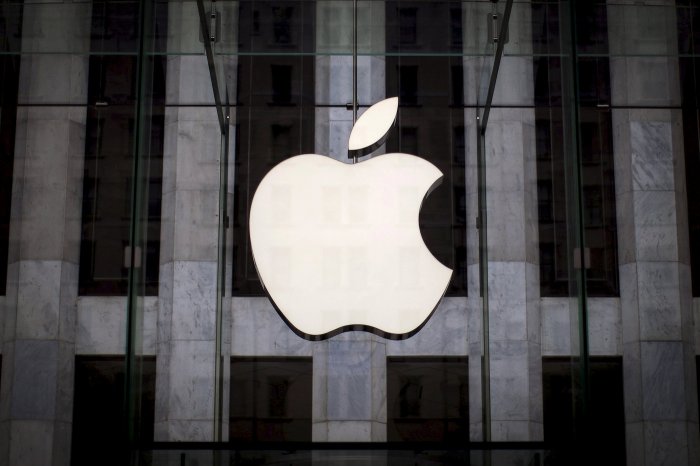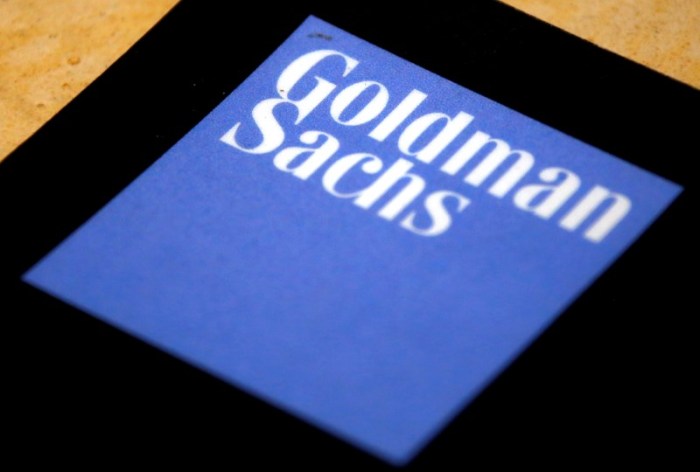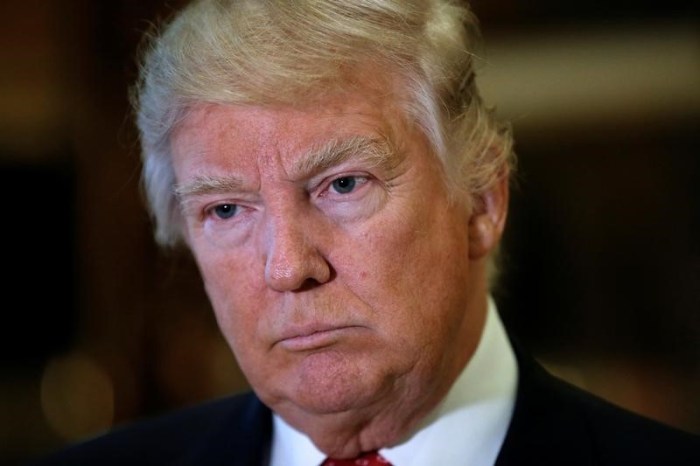By David Lawder
WASHINGTON (Reuters) – The Obama administration’s top trade official said on Thursday he has held preliminary discussions with British government officials about how the two countries could pursue bilateral trade relations after Britain leaves the European Union. U.S. Trade Representative Michael Froman told a Christian Science Monitor media breakfast that he discussed the subject earlier this week with Sajid Javid and Mark Price, Britain’s outgoing business and trade secretaries. Froman said at the breakfast, however, that he has not yet had any conversations with incoming counterparts in the new British government headed by Theresa May, who took over on Wednesday as prime minister. Froman said the outgoing officials can hold discussions with potential new trade partners while a member of the EU, but not formal negotiations. “Where discussions end and negotiations begin is quite a gray area and this is something that we’re going to continue to have dialogue about,” he said. Froman said that there were many kinds of trade relationships that could be pursued, including a bilateral deal, Britain joining a U.S.-EU Trans-Atlantic Trade and Investment partnership trade deal once it is negotiated, or Britain joining the Trans-Pacific Partnership trade deal led by the United States and Japan. Much of how the United States approaches any future trade relationship with Britain will depend on Britain’s relationship with the EU, he added. Britain will have up to two years to negotiate its trading terms with the 27-nation bloc once it triggers a formal request to leave the EU. “Will they have sovereignty over tariffs, will they have sovereignty over regulations?” Froman said. “Until you get more clarity around that, it’s hard to determine precisely what kind of trade relationship they might be able to negotiate with others.” Froman also said that the TTIP negotiations with the European Union will need to be readjusted to account for the loss of Britain from the trading bloc because access to the UK market is a “significant part of what makes the TTIP attractive to the United States,” with the Britain taking 25 percent of U.S. goods exports to the EU. Both sides need to think through “what kind of adjustments of both offers and expectations are going to be needed in order to be able to close these negotiations.”
For example, with Europe wanting full access to U.S. public sector procurement, the loss of Britain would remove a quarter of Europe’s public procurement market from the deal, he said.
(Reporting by David Lawder; Editing by Sandra Maler)
U.S. trade chief holds talks on UK trade deal possibilities

By David Lawder













